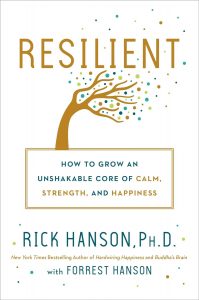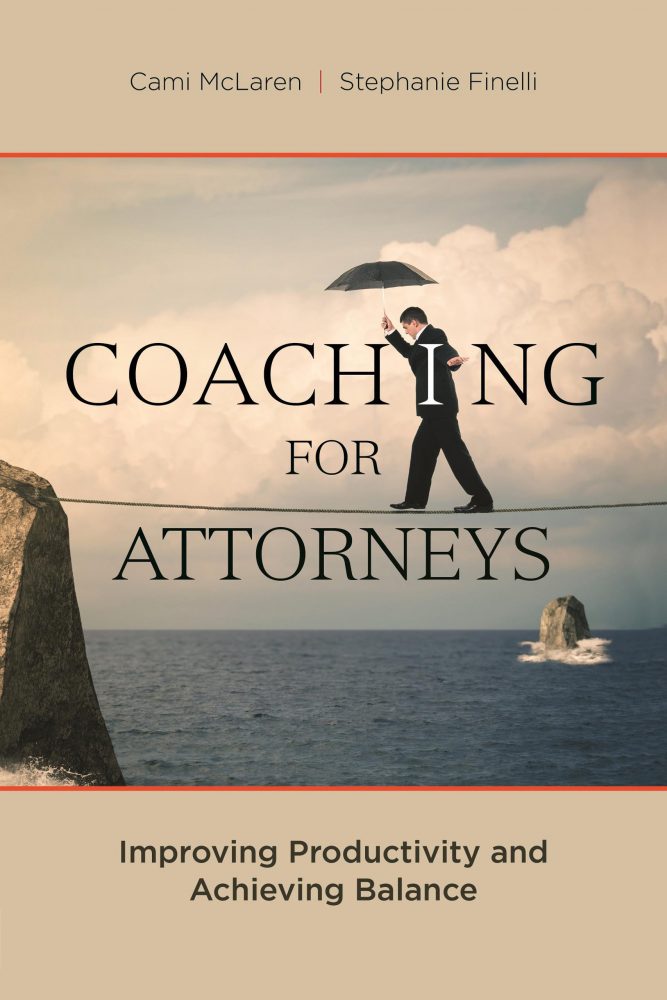Label: to put in a certain class; classify.
How often to we label? And why?
“This is poison.”
“That is spoiled.”
“She is German.”
Labels give information. They help us understand.
However, labels also cause us to stop looking. To be non-curious. In business, in communication, in life, it is helpful to be curious. For example, when we say, “He is a procrastinator,” we stop being curious about whether sometimes he does not “procrastinate.” Just like once we hear, “She is German,” we stop looking for evidence that she is French.
If you yourself are working on changing something, labeling is not useful. My clients will say to me, “I am lazy” or “I am disorganized.” The way our brains work, though, is to stop looking for behaviors that are different from how we have labeled ourselves. So if you say that you are a procrastinator, you have declared it to the world and to yourself. You will look for evidence of procrastination. You will filter out evidence that maybe sometimes you don’t wait to the last minute. You will miss the times that you are on top of it.
The same is true if you say an employee or child is “lazy.” You close yourself to the possibility that sometimes he is not.
What might be the antidote to this practice? I would suggest that you label carefully. “That is poison” is a useful label. “I am a procrastinator” is not. Instead, try describing the behavior you see:
“I was late on this project.”
“This progress took ____ hours. I thought it would be quicker.”
“I put a different project in front of this in priority three different times.”
This way not only can you look for evidence both in favor of and against the label, but you can also start to get to the bottom of the problem – which is the behavior. What behavior works and what behavior does not work? And it gives you the space for change. Maybe you’re not a “procrastinator.” Maybe you just had trouble putting a certain project in front of another project in priority. Now you can start looking at why that is – really – and it can be a real reason and not just because you are a “procrastinator.”
The same goes for employees and children. Do this in order to see what you may not be seeing and to help them to change.









